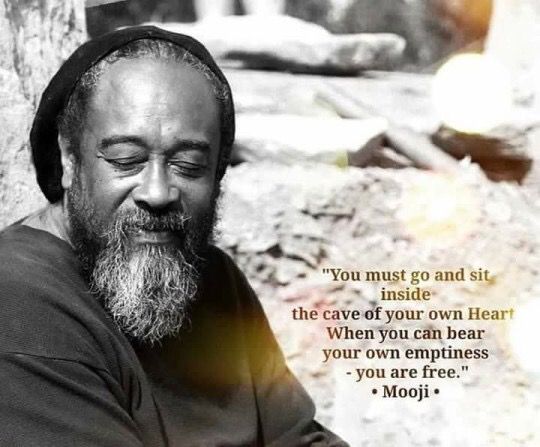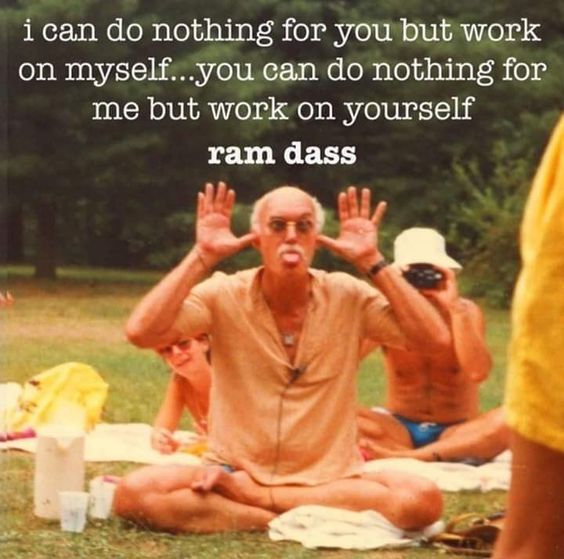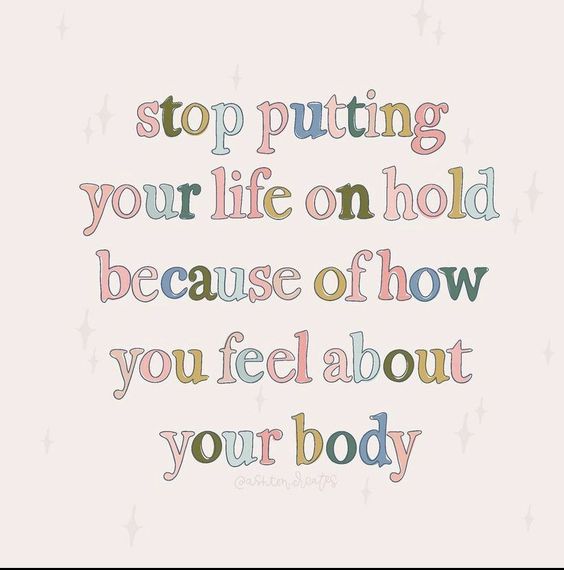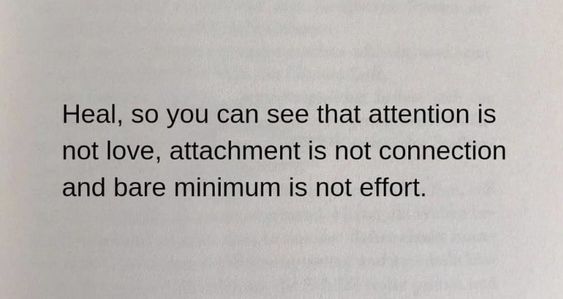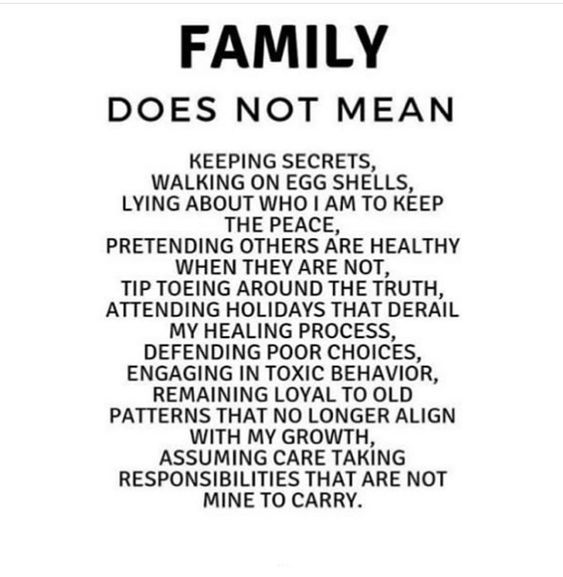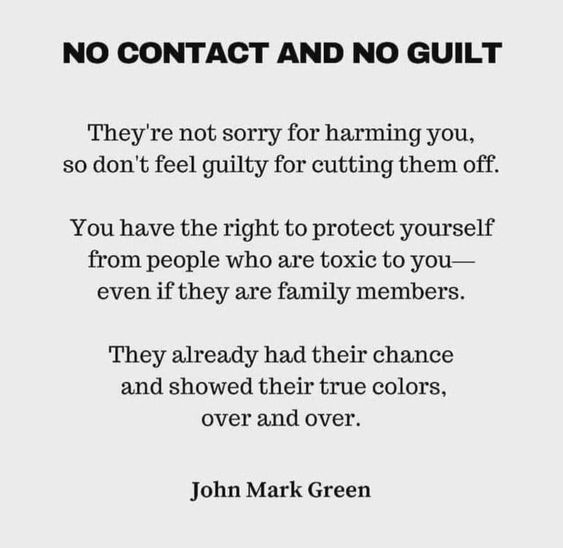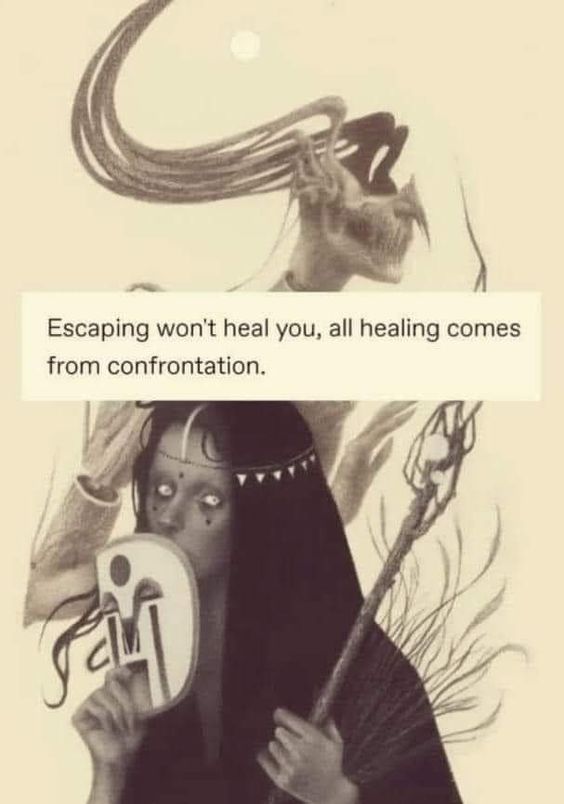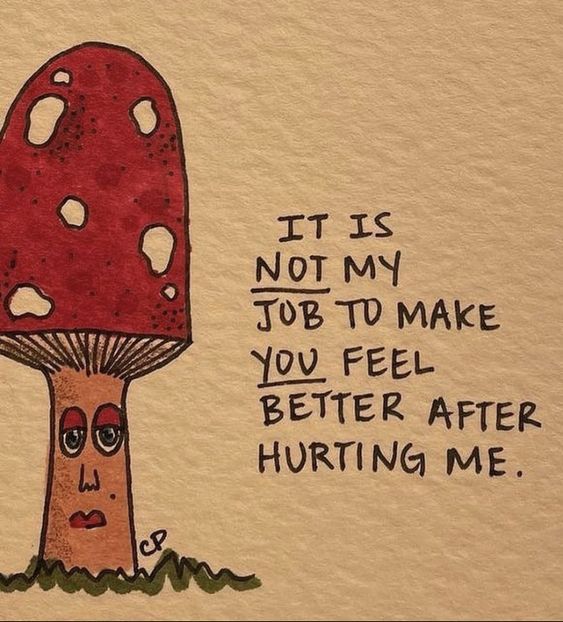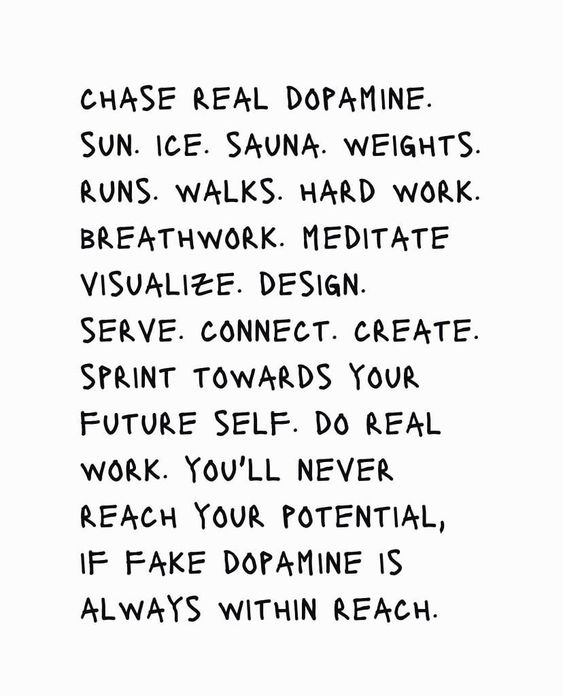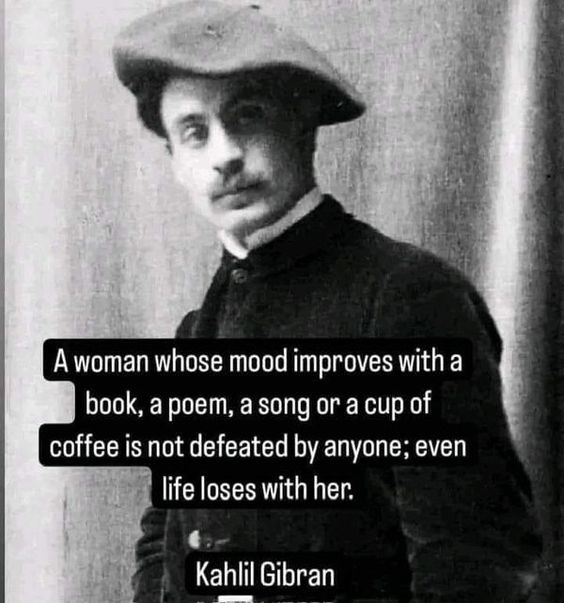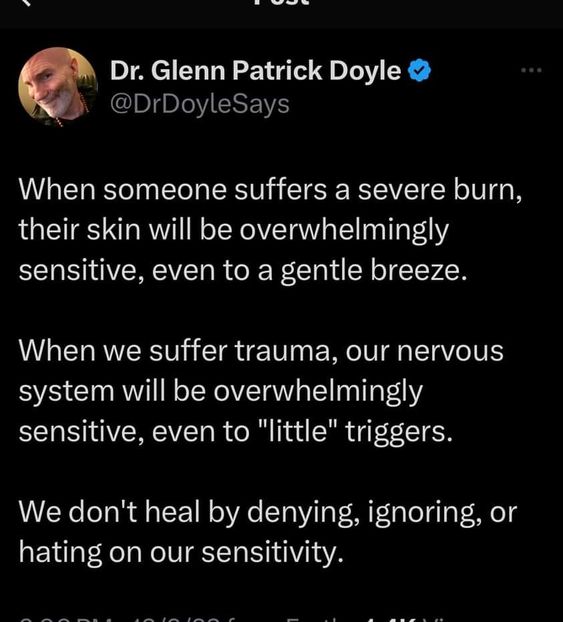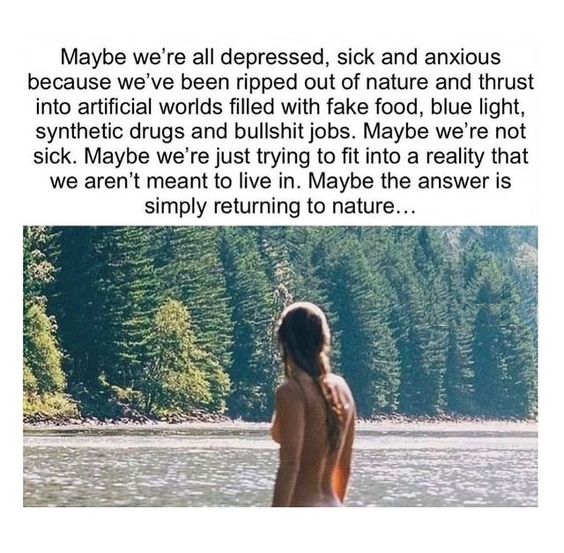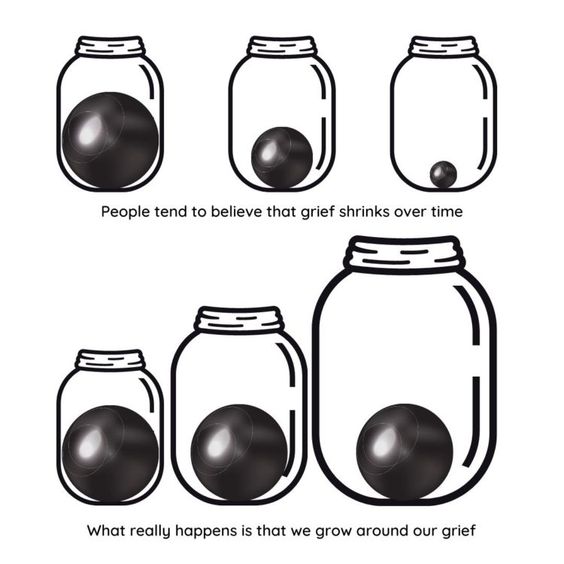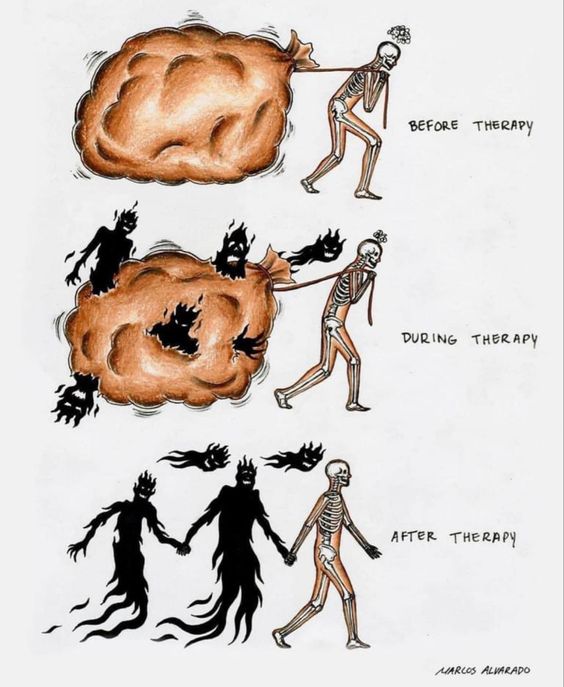“Those who hurt have been hurt. Hurt is passed down from one person to another, like this, pain spreads through the web of humanity. People who learn to heal themselves are points in the web of humanity where hurt is decreased and where it is less likely for new hurt to spread to another person. Having a mindset where you do your best to not harm those who cross your path makes the world a more peaceful place.”
Yung Pueblo
“It was comforting to hold her work in my hands, to envision my mother prior to pain and suffering, relaxing with a paintbrush in my hand, surrounded by close friends. I wondered if making art had been therapeutic for her, helped her navigate the existential dread that came with Eunmi’s death. I wondered if the late bloom of her creative interests had shed light on my own artistic impulses. If my own creativity had come from her in the first place. If in another life, if circumstances had been different, she might have been an artist, too.”
Michelle Zauner, Crying in H Mart (Page 168)
“I knew it was risky to add even more pressure to already tumultuous circumstances, and yet it felt like the perfect way to shed light on the darkest of situations. Instead of mulling over blood thinners and Fentanyl, we could discuss Chiavari chairs and macarons and dress shoes. Instead of bedsores and catheters, it’d be color schemes and updos and shrimp cocktail. Something to fight for, a celebration to look forward to.”
Michelle Zauner, Crying in H Mart (Page 129)
Crying In H Mart [Book]
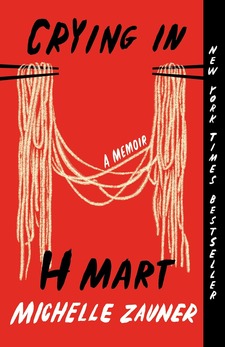
Book Overview: In this exquisite story of family, food, grief, and endurance, Michelle Zauner proves herself far more than a dazzling singer, songwriter, and guitarist. With humor and heart, she tells of growing up one of the few Asian American kids at her school in Eugene, Oregon; of struggling with her mother’s particular, high expectations of her; of a painful adolescence; of treasured months spent in her grandmother’s tiny apartment in Seoul, where she and her mother would bond, late at night, over heaping plates of food. Vivacious and plainspoken, lyrical and honest, Zauner’s voice is as radiantly alive on the page as it is onstage. Rich with intimate anecdotes that will resonate widely, and complete with family photos, Crying in H Mart is a book to cherish, share, and reread.
Post(s) Inspired by this Book:
“If you are in pain––be it in life, work or love––reflect on a time you were hurting so deeply and so gutturally. If you retrace your steps and walk back to this broken place, you will surely find a bed of wildflowers growing there. Raid them. Cut them. Bunch them into a bouquet. Place them on your kitchen counter. On the days when your heart is so heavy, you wish you could pluck it out of your chest and wring it out in the kitchen sink––don’t. Instead, gaze upon the flowers on the counter and remind yourself that healing takes time.”
Cole Schafer
“The paradox of volcanoes was that they were symbols of destruction but also life. Once the lava slows and cools, it solidifies and then breaks down over time to become soil—rich, fertile soil. She wasn’t a black hole, she decided. She was a volcano. And like a volcano she couldn’t run away from herself. She’d have to stay there and tend to that wasteland. She could plant a forest inside herself.”
Matt Haig, The Midnight Library (Page 286)
